The Canadian government is once again putting measures in place to protect southern resident killer whales in British Columbia waters.
“Southern resident killer whales are icons of Canada’s Pacific coast and have important cultural significance for Indigenous peoples and coastal communities in British Columbia,” Transport Canada said in a news release.
All vessels will be restricted to 10 knots in two new seasonal slowdown areas near Swiftsure Bank between June 1 and N0v. 30. That measure was co-developed with Pacheedaht First Nation and incorporates new scientific information about the whales’ habitat use.
Vessels will once again be required to keep a 400-metre distance from all orcas in southern B.C. waters between Campbell River and Ucluelet, including Barkley and Howe Sound. That will be in place until May 31, 2023. If a whale approaches a vessel, boaters should place their engine in neutral and wait for the animal to pass.
Transport Canada said southern resident killer whale tours won’t be promoted after a renewed agreement with whale watching and ecotourism companies.
READ MORE: VIDEO: New record, Victoria expert says 72 whales spotted the most in one day
Two interim sanctuary zones off Pender Island and Saturna Island will also be re-introduced from June 1 to Nov. 30. No vessel traffic will be permitted in these areas during this period, with certain exceptions for emergency situations and Indigenous vessels.
With salmon being key to their diet, expanded commercial and recreational salmon fishery closures will be put in place for a portion of Swiftsure Bank, the southern Gulf Islands, the Strait of Juan de Fuca and the mouth of the Fraser River. Those closures have been modified based on new scientific advice regarding whale presence, their foraging areas and impacts of vessel disturbance, Transport Canada noted.
The southern Gulf Island salmon fishing closure will last from the first southern resident sighting until the end of October.
READ MORE: Whale Trail helps a Prairie girl spot whales from shore
Transport Canada has also launched a tool that maps the estimates of pollutant releases within the habitats of southern resident killer whales and their prey. The public tool will help model the impacts of additional mitigation measures and controls and can be found at pawpit-oipabp.ca.
Finally, The Vancouver Fraser Port Authority-led Enhancing Cetacean Habitat and Observation program will coordinate voluntary underwater noise-reduction initiatives in key areas of critical habitats across the Salish Sea, including Haro Strait and Boundary Pass, Swiftsure Bank, and the Strait of Juan de Fuca.
Plan your adventures throughout the West Coast at westcoasttraveller.com and follow us on Facebook and Instagram @thewestcoasttraveller. And for the top West Coast Travel stories of the week delivered right to your inbox, sign up for our weekly Armchair Traveller newsletter!

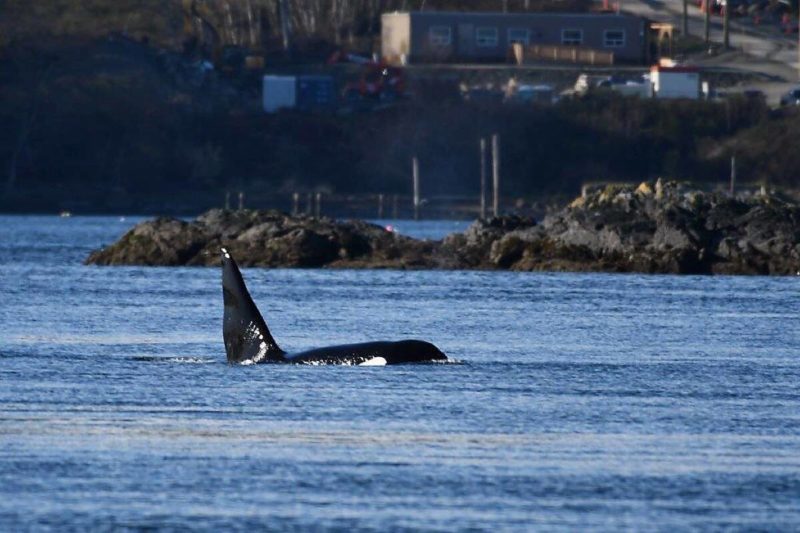



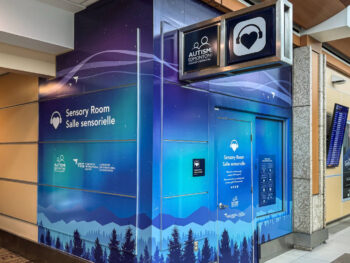
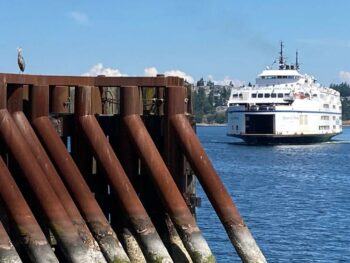
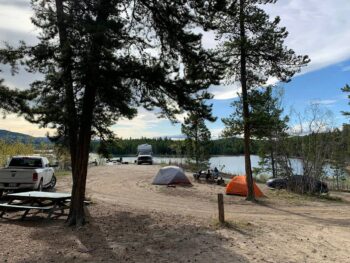
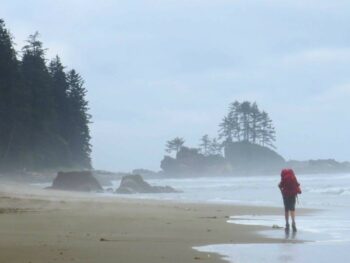
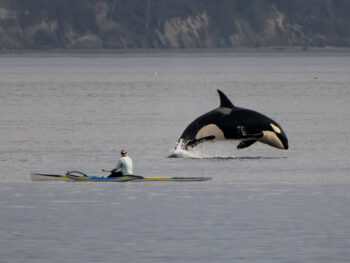

 A taste of Oregon: Rustic charm, robust wines and regal farmland found in Willamette Valley
A taste of Oregon: Rustic charm, robust wines and regal farmland found in Willamette Valley